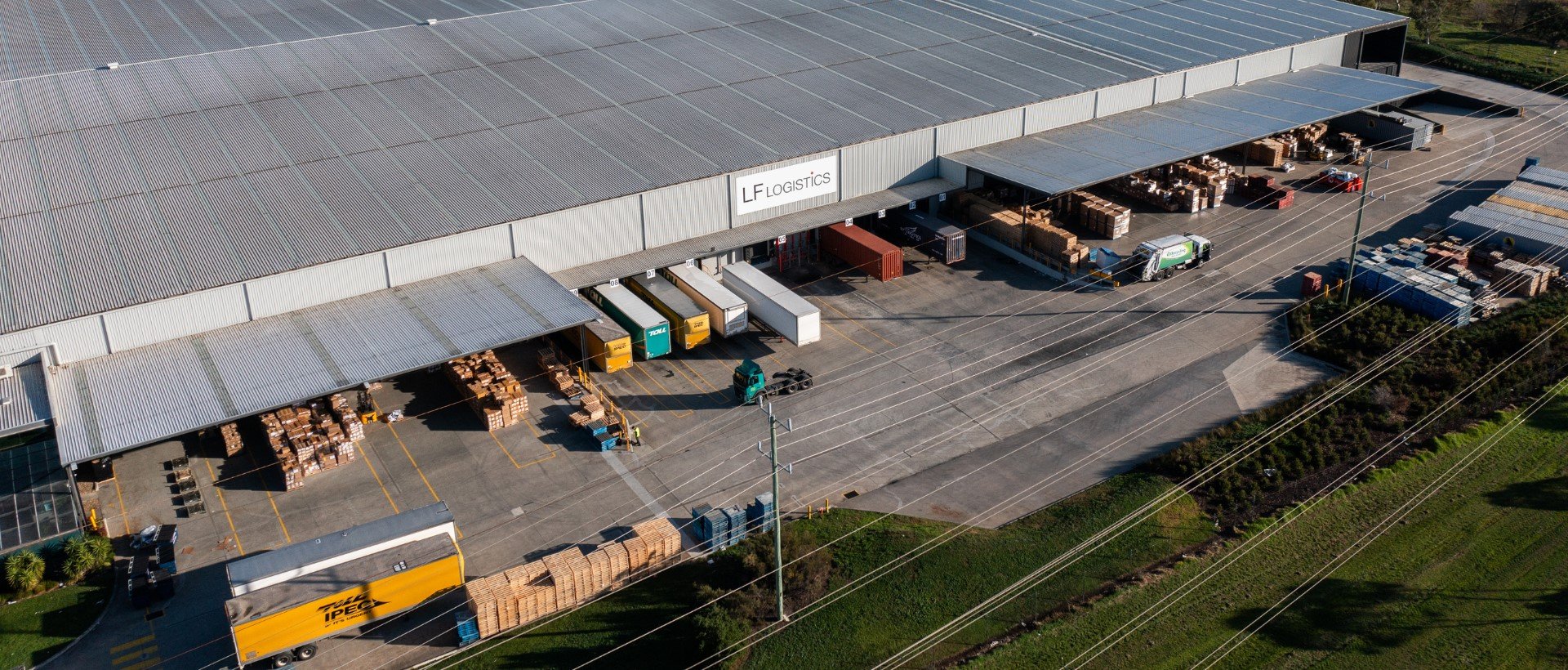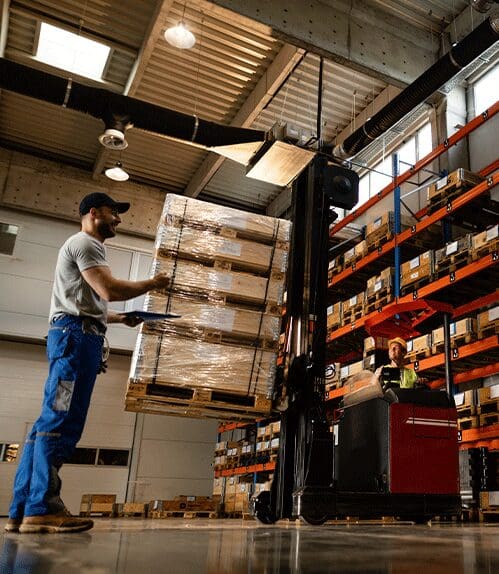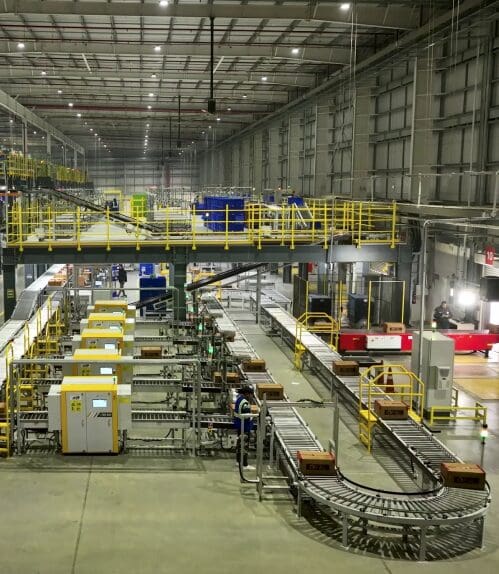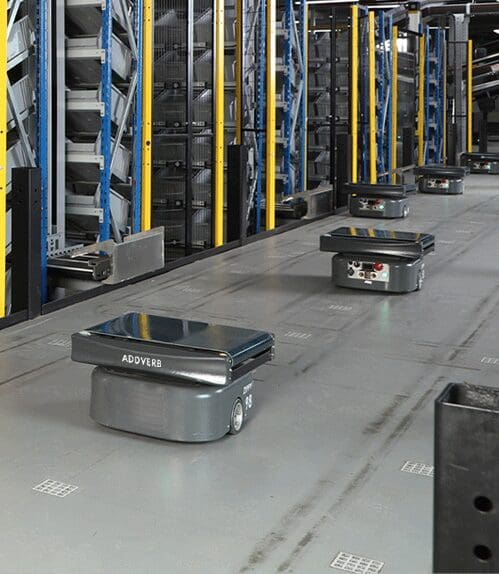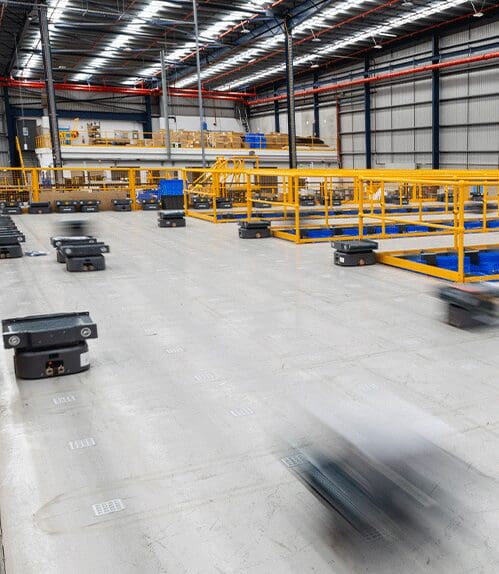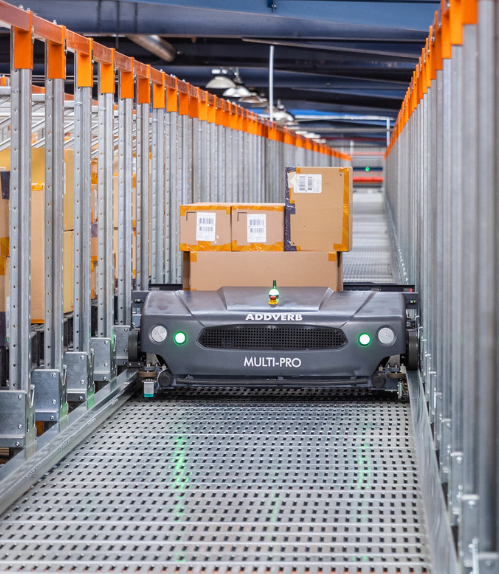Table of Contents
In business operations, two concepts that often come up in discussions about efficiency, optimization, and customer satisfaction are the value and the supply chain. Even though these two frameworks may seem familiar, any organization hoping to improve its market position and streamline processes must comprehend their differences.
Although they concentrate on various facets of this process, the supply and value chains are essential to developing, producing, and delivering goods and services to the final customer.
This blog aims to shed light on these critical business concepts, elucidating their differences, how they interconnect, and why they are essential for achieving competitive advantage and customer satisfaction.
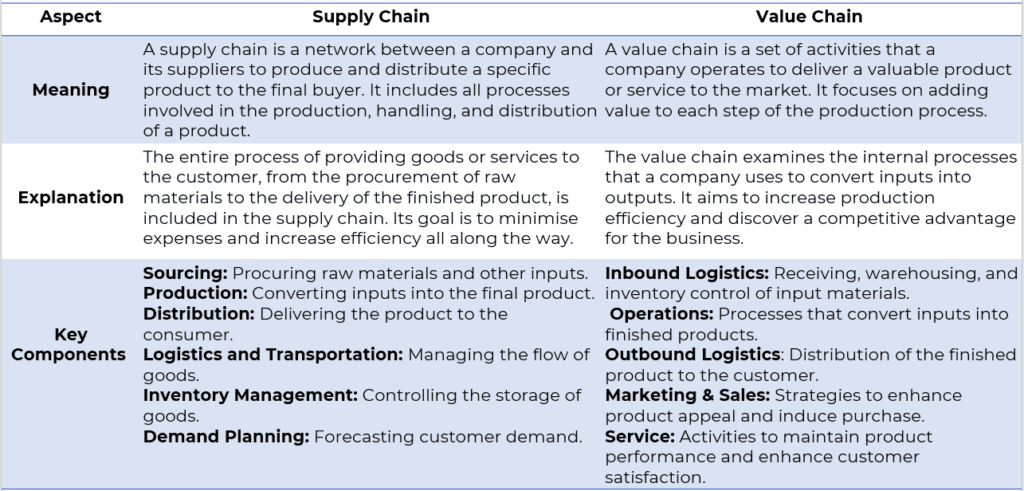
Value vs Supply Chain
This section will delve into the distinct aspects that set these two crucial business concepts apart. While both are integral to understanding how companies operate and deliver products or services to the market, they focus on different elements of the business process. Here’s a closer look at the main differences:

Integration of Supply and Value Chains
We use cutting-edge automation solutions to integrate supply and value chains in various industries, including e-commerce, fashion, healthcare, groceries, retail, auto auxiliary, 3PL, and more.
Addverb’s strategy for streamlining processes, cutting down on delays, optimizing resource utilization, and guaranteeing flexible solutions that adapt to constantly changing technologies and production line modifications is a clear example of how supply and value chains are integrated at Addverb. It supports the supply by improving material, information, and financial flows and adds value by enhancing product quality, customer satisfaction, and operational efficiency within these industries.
Strategic Importance in Business
This section delves into the transformative impact of integrating supply and value chains on businesses. We will highlight how strategic planning and leveraging these chains can significantly enhance operational efficiency, reduce costs, and secure a competitive advantage.
- Increased Productivity and Lower Costs: Businesses can find waste and inefficiencies in internal and external processes. This results in more efficient operations, lower expenses, and simpler processes. For instance, waste and inventory costs can be decreased by better coordinating the procurement process, which is a value chain activity, with operations, a supply chain activity.
- Better Communication and Collaboration: Integration facilitates improved communication and quality of products and services throughout the production and distribution process. It ensures that quality standards are maintained throughout the supply, leading to higher-quality products and services.
- Enhanced Customer Satisfaction: Businesses can better satisfy consumer needs for high-quality, timely, and reasonably priced products by closely coordinating the supply chain with the value chain’s value-adding operations. A company’s ability to adapt to the wants and demands of its clients can significantly increase client loyalty and happiness.
- Innovation and Competitive Advantage: An environment of constant innovation and development is fostered by integrated supply and value chains. Businesses can create new goods, services, and procedures that better meet clients’ wants and set them apart from rivals by utilizing the knowledge gained from both chains.
- Agility and responsiveness: In today’s fast-paced market, it is essential to react swiftly to shifts in market trends, supply disruptions, and demand. Organizations become more agile through integration, making it possible to respond to opportunities and pressures from the outside world faster.
- Strategic Planning with Supply Chains- Businesses uses strategies to improve operational efficiency and reduce costs by optimizing inventory management and streamlining transportation. Optimizing inventory management involves implementing just-in-time (JIT) practices to reduce excess inventory carrying costs. This strategy ensures that inventory levels are closely aligned with demand, minimizing the risk of stockouts or overstock situations.
- Leveraging Value Chains for Competitive Advantage- Businesses analyze and optimize their value for differentiation by developing unique capabilities or features, such as innovative product design or superior customer service. They also focus on customer value by tailoring products, services, and activities to enhance satisfaction and loyalty, offering personalized experiences and exceptional support.
How does Addverb enhance supply and value chain efficiency?
We specialize in warehouse automation, offering solutions that significantly enhance supply chain and value chain efficiency. Our approach includes a unique framework focusing on product, process, and people, which helps identify challenges and opportunities within warehouse operations. This comprehensive strategy allows for development innovative automation solutions tailored to increase the bottom line by handling more returns with better control and lower costs.
Key areas of functionality where Addverb makes a difference include:
- Reverse Logistics: reverse logistics means Improving business outcomes by managing returns more effectively.
- Storage, Picking, Sortation, and Material Movement: Streamlining these essential warehouse operations through automation.
We are committed to a holistic journey in warehouse automation, from benchmarking performance to providing dedicated support post-implementation. This ensures not just an improvement in operational efficiency but also a transformation towards future-ready businesses.
Wrapping Up
The intricate distinctions between value and supply chains are crucial for any business aiming to enhance efficiency, competitive advantage, and customer satisfaction. While the supply chain focuses on the flow of materials, information, and finances from supplier to customer, aiming to optimize the entire process, the value chain concentrates on adding value to each step of the production process to create a competitive product.
By understanding and integrating these two frameworks, Addverb streamlines processes, reduces costs, and improves product quality and customer satisfaction. This integration not only supports operational efficiency but also fosters innovation, agility, and a stronger competitive position in the market.

Founded in 2016, Addverb offers complete robotics solutions for warehouse and industrial automation, with a strong global presence through its subsidiaries worldwide. The company provides a range of in-house automation products, including Autonomous Mobile Robots, ASRS, and sorting technologies. It serves over 350+ clients, including well-known companies such as Coca-Cola, Amazon, and DHL.
